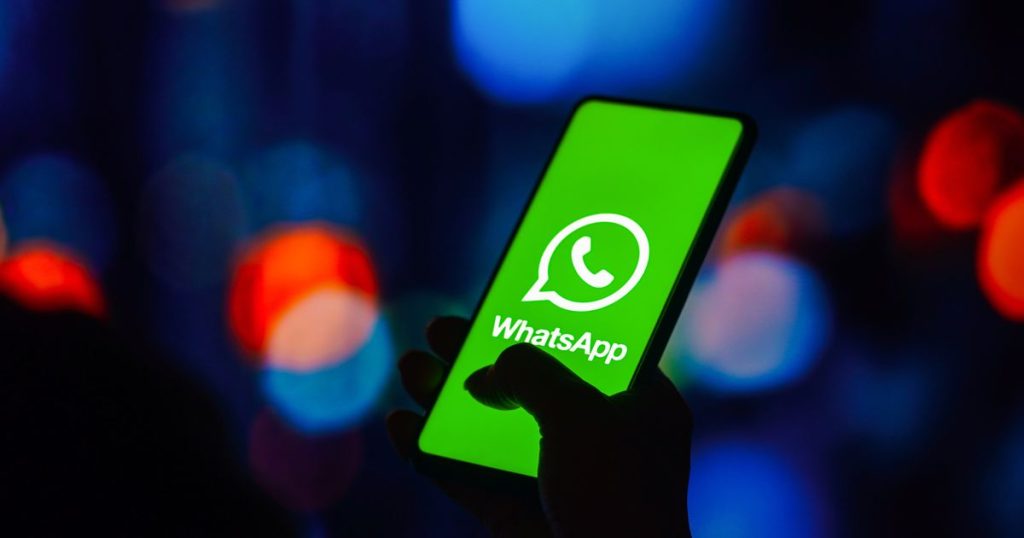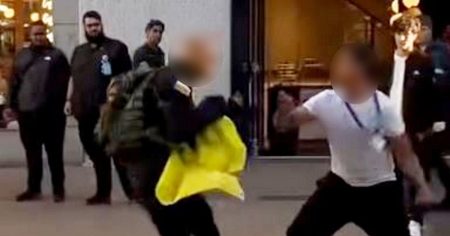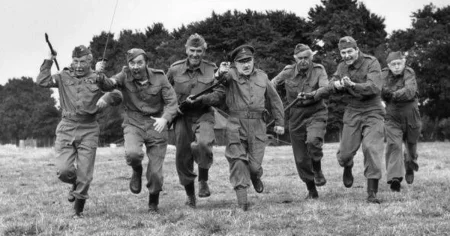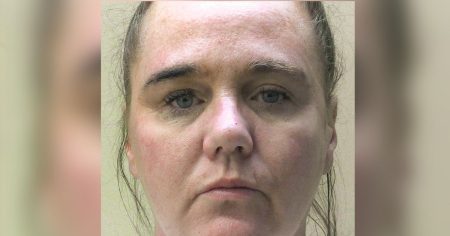A dangerous WhatsApp group called “everyone you know x” has reportedly been promoting self-harm, sexual violence, and racism to children as young as nine. Parents have been warned about the group, which includes children in Year 5 and Year 6, and at least one police force is working with schools to address the issue. The group has around 900 members, and the content shared includes images of violence, self-harm, sexually violent, and racist content. The minimum age requirement for WhatsApp is 13, and while the app provides options to control who can add users to groups, parents remain concerned about the safety of their children on social media. Meta, the parent company of WhatsApp, has been accused of prioritizing profits over safety.
One parent expressed horror at discovering her 12-year-old daughter had viewed inappropriate content on the dangerous group and immediately removed her from it. Another parent shared concerns about the impact on her young daughter and expressed worries about the use of smartphones by children. A headteacher in Hebburn, Tyne and Wear, informed parents that at least three young individuals from other schools were hospitalized due to activities linked to this group, prompting a police investigation into the matter. Northumbria Police emphasized the importance of parental monitoring of children’s social media activities and urged vigilance in reporting concerns to the authorities. The NSPCC has raised alarms about the reduced age limit on WhatsApp, highlighting the need for more robust protections for young users.
The WhatsApp messaging app, which boasts over two billion users worldwide, has come under scrutiny for its role in facilitating harmful content sharing among children. The NSPCC has called for practical actions to prevent users from being added to harmful groups, advocating for responsible platform management while cautioning against punitive measures that penalize young users. Ofcom’s online safety director highlighted ongoing efforts to safeguard children online, including the implementation of codes of practice for tech firms operating in the UK. The issue of child safety on social media platforms has sparked debates about age restrictions and parental oversight, with calls for stricter regulations to protect minors from harmful online content.
The alarming revelations about the dangerous WhatsApp group have sparked widespread concern among parents, educators, and child safety advocates. The combination of self-harm, sexual violence, and racist content being shared among children as young as nine has highlighted the urgent need for improved safeguards on messaging apps like WhatsApp. The police investigation into the group’s activities underscores the severity of the situation and the potential risks to young individuals exposed to harmful content. As discussions continue around online safety for children, stakeholders are calling for a collective effort to address these issues effectively and protect vulnerable users from the dangers of unsupervised social media exposure.
The disturbing reports of children being exposed to inappropriate content on the WhatsApp group have reignited debates about social media regulations and the responsibilities of tech companies in safeguarding young users. Parents are being encouraged to actively monitor their children’s online activities and report any concerns to the authorities, emphasizing the importance of parental involvement in ensuring young individuals’ safety online. The NSPCC’s advocacy for stronger protections for children on messaging platforms reflects a broader push for improved safeguards in the digital landscape. Collaborative efforts between law enforcement, schools, and tech companies are essential in combating harmful online content and enhancing the online safety of children in an increasingly digital world. The revelations about the dangerous WhatsApp group serve as a stark reminder of the need for proactive measures to protect children from the negative impacts of unsupervised social media use.














